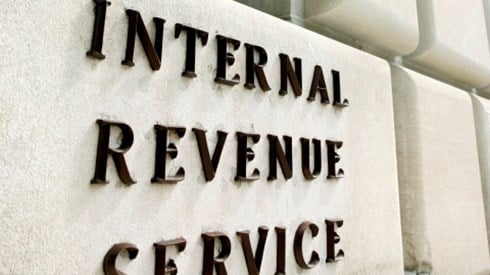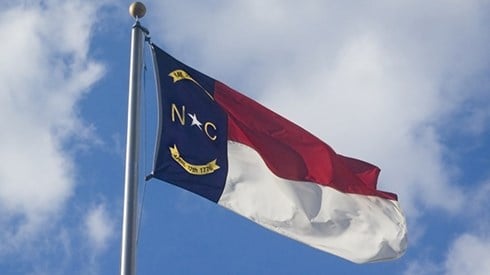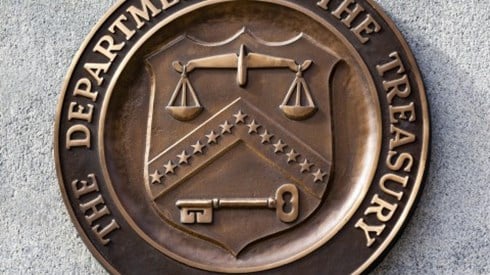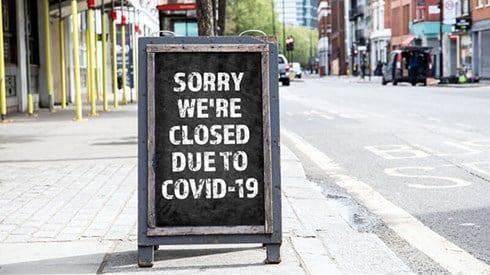New Federal Report Examines Possible Micro-Captive Role in Tax Abuse
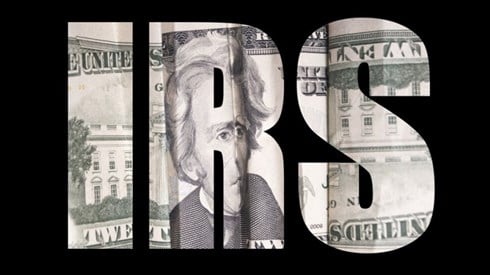
September 02, 2020

So-called micro-captives have been in the crosshairs of the Internal Revenue Service (IRS) for several years. Now, a newly released report from the US Government Accountability Office (GAO) warns that offshore micro-captives may be used for abusive tax schemes.
"Offshore micro-captive insurance products, which are made by small insurance companies owned by the businesses they insure, may be abused if the corporate taxpayer improperly claims deductions for payments made to a micro-captive for federal tax purposes," the GAO said. "Courts have applied certain considerations to determine whether these deductions can be claimed."
So-called micro-captives, small captive insurance companies that elect to be taxed under section 831(b) of the Internal Revenue Code, which allows small insurance companies to be taxed only on their investment income, have been the target of IRS scrutiny in recent years. That scrutiny has included micro-captives' annual representation on the agency's "Dirty Dozen" list the past several years as potentially abusive transactions, according to the IRS.
This year, micro-captives were not included in this year's Dirty Dozen list, though an IRS statement suggested that the agency will continue monitoring the small captive insurance companies.
The GAO report, Abusive Tax Schemes: Offshore Insurance Products and Associated Compliance Risk, was prepared at the request of the Senate Finance Committee Chairman Charles Grassley (R-Iowa). The report also examined possible tax abuse involving private placement variable life insurance.
The report suggests that certain elements of offshore insurance products make them vulnerable to use in abusive tax schemes. Among other things, "IRS officials told us it can be more difficult to conduct enforcement actions against offshore insurance tax shelters because audit staff may encounter roadblocks created by bank secrecy laws when trying to obtain information about the insurance arrangement and the U.S. taxpayers involved," the report said.
In abusive schemes, the insurance products lack the characteristics of genuine insurance that are required for claiming deductions and other tax benefits, such as risk shifting and risk distribution, the report noted.
The report does acknowledge that offshore micro-captive insurance products can provide several important benefits to businesses that use them legitimately. Among those benefits are new or better risk coverage provided by custom-tailored insurance policies, savings on insurance premiums versus commercially available policies, stable insurance premiums, and potential profit generated by the micro-captive if premium revenue exceeds claims.
Offshore micro-captives can offer their owners additional benefits, the GAO noted, including less onerous insurance regulations, faster or easier licensing, or lower taxes. "Additionally, some countries have laws that may provide protection for the micro-captive's funds and assets in cases involving large claims or lawsuits against the micro-captive or its parent US business," the report said. In addition, some businesses may benefit from their micro-captive's ability to accumulate offshore assets, the GAO said.
"Sometimes micro-captives are established purely for tax reasons, which generally courts have ruled is improper," the report said. "Indicators that businesses have established a micro-captive in an abusive tax scheme include artificially high premiums that do not make economic sense or that are not supported by actuarial science."
The GAO noted that the IRS has warned that some abusive micro-captive insurance tax shelters involve insurance of implausible risks. "While some such risks are clearly unlikely, others require careful analysis to determine whether the insured did not truly face the risks covered under their policy," the report said.
The report discusses the Tax Court's criteria for determining whether micro-captive products are genuine insurance: whether there is an actual or insurable risk, the presence of both risk shifting and risk distribution, and whether the product fits commonly accepted notions of insurance.
During the Vermont Captive Insurance Association's recent 2020 Virtual Conference, David F. Provost, deputy commissioner in Vermont's Captive Insurance Division, offered some thoughts on micro-captives, suggesting captive insurance company owners and captive managers should exercise caution.
Asked about a recent letter the IRS sent to thousands of micro-captive owners, Mr. Provost said, "The implications are the IRS has long been looking at captive insurance in general as something it questions and 831(b)s in particular as a cookie-cutter vehicle for tax avoidance that goes into tax evasion territory.
"The key is it needs to be a real company," Mr. Provost said.
The Vermont regulator said the 831(b) tax election can be a genuine benefit to companies looking to put money away for loss events. "If you qualify as an insurance company and you walk, talk, and act like an insurance company, it's a great tool," he said.
"We don't look at captives from a tax perspective. We don't call them 831(b) captives or 831(a) captives. We don't classify them by their tax election," Mr. Provost said. "We don't look at a captive as a tax animal, we look at it as an insurance company that makes its own tax elections."
He suggested that micro-captive owners need to be realistic in their captive insurance company proposals, noting he's seen applications for companies that have never experienced a loss but present a captive proposal anticipating hundreds of thousands of dollars in annual losses for years on end.
"Captive owners, captive managers, be cautious, be real," Mr. Provost said. "And to captive owners, it's your company, not the manager's."
September 02, 2020
